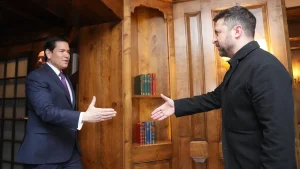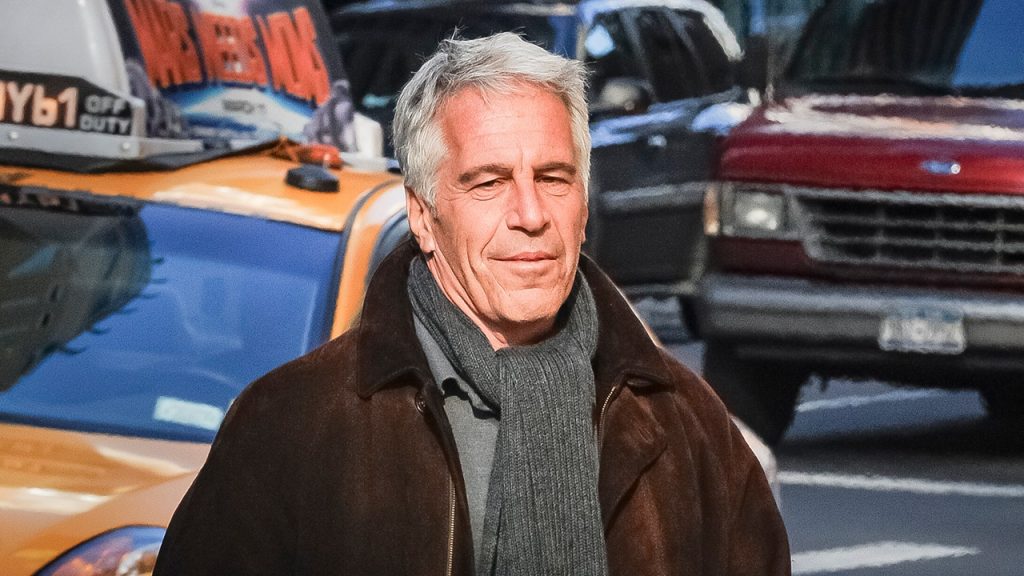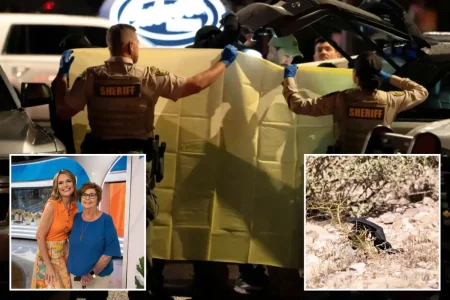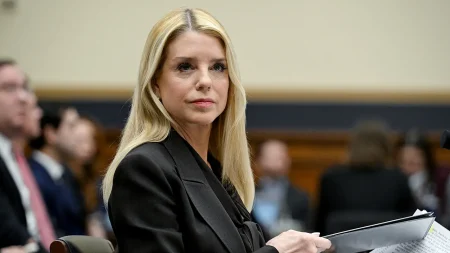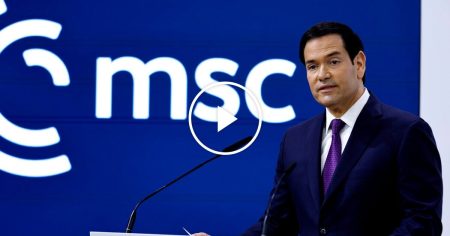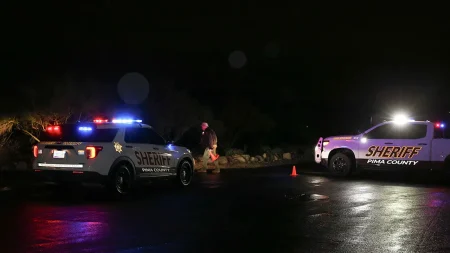The Epstein Files: A Former Attorney’s Defense and the Flight Manifests
In a recent revelation that continues to shed light on the controversial case of Jeffrey Epstein, the House Oversight Committee has released a transcript of their interview with Alex Acosta, the former U.S. attorney who negotiated Epstein’s infamous 2008 plea deal. Alongside this interview, the committee also disclosed flight manifests from Epstein’s private plane, commonly known as the “Lolita Express,” revealing a star-studded passenger list including Prince Andrew, Bill Gates, media legend Walter Cronkite, and entrepreneur Richard Branson. Former President Bill Clinton appears multiple times in these records, with documentation showing him traveling with Secret Service protection on at least one flight in 2002. It’s important to note that the appearance of these high-profile individuals on flight manifests does not implicate them in any wrongdoing, though it does demonstrate the extensive reach of Epstein’s social connections across political, business, and entertainment spheres.
The interview with Acosta provides insight into his decision-making process regarding the controversial plea deal that allowed Epstein to avoid federal charges by serving just 13 months in jail on state charges. Acosta defended his actions by highlighting what he perceived as significant challenges to securing a conviction against Epstein. “Every attorney that looked at the case… looked at the evidence, and there were evidentiary issues with the victims,” Acosta explained in his testimony. He described a situation where many alleged victims were unwilling to testify or had inconsistent accounts that would have made them vulnerable to “withering” cross-examination by Epstein’s defense team. While acknowledging the understandable reasons why victims might change their stories when confronting such a powerful defendant, Acosta maintained that these factors substantially weakened the prosecution’s position and influenced the decision to offer a plea agreement rather than proceed to trial.
In his defense of the plea deal, Acosta framed the agreement as a pragmatic compromise that ensured some measure of justice in a case that might otherwise have resulted in no punishment at all. “It was better to have a billionaire serve time in jail, register as a sex offender and pay his victims restitution than risk a trial with a reduced likelihood of success,” he stated in his testimony. According to Acosta, the local state attorney in Florida had been prepared to let Epstein “off entirely” with merely pretrial diversion, which Acosta and his team found “entirely unacceptable.” He emphasized that sending a billionaire to jail, even for a relatively short period, “sends a strong signal to the community that this is not acceptable.” This reasoning reflects the difficult calculations prosecutors often face when dealing with wealthy defendants who can afford powerful legal representation, though many critics have since argued that the punishment was grossly inadequate given the nature and extent of Epstein’s alleged crimes.
The relationship between Epstein’s defense team and the prosecution comes under scrutiny in Acosta’s testimony, with the former U.S. attorney acknowledging that Epstein’s counsel “got awfully close to the line of unethical” in their approach to the case. Acosta claimed that he “resisted” some of their tactics, though he did not elaborate on the specific strategies employed by Epstein’s lawyers that he found concerning. This admission provides a glimpse into the aggressive and potentially problematic legal maneuvering that may have contributed to Epstein securing such a lenient plea deal. The power dynamics at play in this high-profile case raise questions about equal justice under the law and whether wealthy defendants like Epstein receive preferential treatment within the criminal justice system due to their ability to hire top-tier legal representation and potentially exert influence through their connections to other powerful individuals.
When Acosta addressed this case publicly in 2019, while serving as United States Secretary of Labor in the Trump administration, he attempted to contextualize his decisions from over a decade earlier. “The Palm Beach state attorney’s office was ready to let Epstein walk free, no jail time,” he claimed, positioning the federal intervention as having secured at least some punishment when local prosecutors were prepared to let Epstein off completely. However, he also acknowledged the significant cultural shifts that had occurred since the original plea deal, noting, “We now have 12 years of knowledge and hindsight and we live in a very different world. Today’s world treats victims very, very differently.” This recognition of evolving standards for handling sexual abuse cases, particularly regarding victim treatment and credibility, highlights the dramatic changes in societal attitudes toward sexual misconduct allegations in the post-#MeToo era, though it does little to assuage critics who believe justice was denied to Epstein’s victims through the 2008 agreement.
The release of these documents by the House Oversight Committee represents ongoing efforts to understand the full scope of Epstein’s activities and the various institutions and individuals who may have enabled him or failed to hold him accountable. The flight manifests, while not evidence of wrongdoing by the passengers listed, provide a tangible record of Epstein’s extensive social network among society’s elite. Meanwhile, Acosta’s testimony offers a window into the prosecutorial decision-making that allowed Epstein to receive what many consider an unconscionably lenient sentence for his crimes. As investigations continue and more information comes to light, these documents contribute to the broader public understanding of how a wealthy and well-connected individual like Epstein navigated the justice system, raising profound questions about accountability, privilege, and the treatment of victims in high-profile sexual abuse cases that continue to resonate today.
